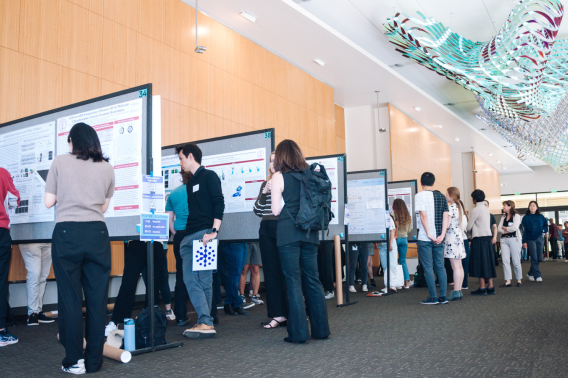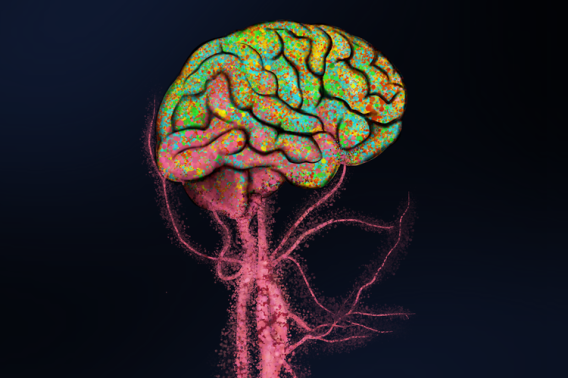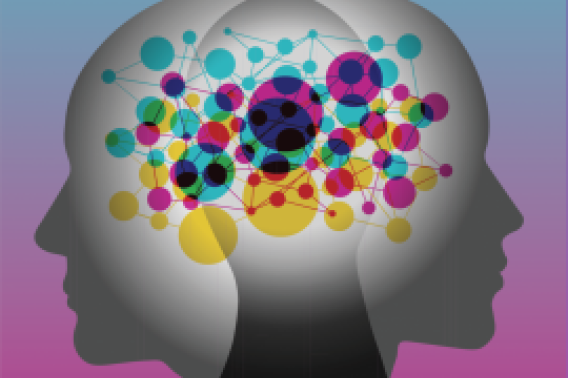Project Summary
Recent studies have revealed that microglia, the brain's resident immune cells, are likely a major contributor to the development of Alzheimer’s disease in some people. Normally, these cells perform a critical role as “trash collectors'' — clearing out abnormal protein deposits from the brain — but may become worse at this critical function as we age. Siddhartha Jaiswal and colleagues recently discovered that during aging, certain blood cells develop mutations that may lower the risk of Alzheimer’s disease, potentially by traveling to the brain and replacing age-impaired microglia. This finding goes in the face of current scientific dogma, which traditionally held that cells from the blood do not contribute to immune functions in the brain. This Brain Resilience Innovation Grant project aims to identify the ways in which these mutant cells are different from normal microglia, discover how they might lower the risk of Alzheimer's disease, and design new therapies for Alzheimer's disease that try to mimic the resilience-promoting effects of these mutations.
Project Details
Funding Type:
Brain Resilience Innovation Award
Award Year:
2022
Lead Researcher(s):
Team Members:


